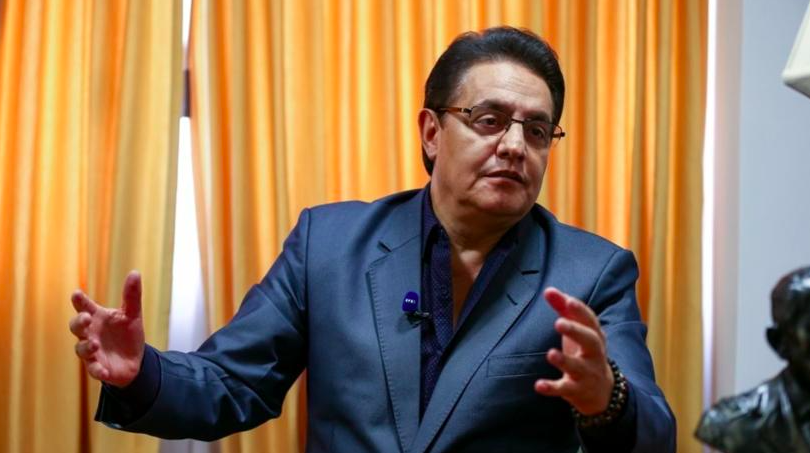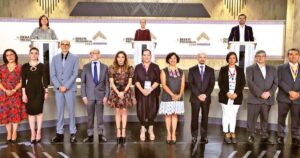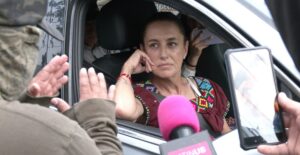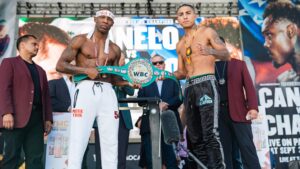
The political climate in Ecuador has been one of uncertainty and unrest following the assassination of presidential candidate Fernando Villavicencio on Wednesday afternoon. The attack occurred after an allegedly successful campaign rally in Quito, and is the latest in a series of violent crime and political turmoil culminating in the upcoming Ecuadorian national election set for August 20th.
The aftermath of the assassination has been one of shock and fear. President Guillermo Lasso has declared a national state of emergency for the next 60 days, with additional security measures being implemented in order to “guarantee the security of citizens, the tranquility of the country, and the free and democratic elections of August 20th” as planned by the National Council of Ecuador (CNE). These include restrictions of the fundamental rights of freedom of assembly as well as inviolability of the home, which permits security forces to inspect for weapons, explosives, and other substances.
The nation has also experienced the highest rate of violent death in its history with 25.32 per 100,000 inhabitants. The Ecuadorian government has associated much of this staggering statistic with drug trafficking and organized crime, with criminal gangs becoming increasingly active on the Ecuadorian coast, utilizing ports as major points of contact for the distribution of cocaine across Europe and North America.
President Lasso noted the attack to be political in nature and “an attempt to sabotage the electoral process”, noting that the victim had in fact publicly denounced the threats of a criminal group linked to the Sinaloa Cartel in recent months. He has also announced the arrest of six suspects, and insisted that “the full rigor of the law” will be applied in order to “ensure that those responsible pay with the maximum penalty”.
With information from El Pais








3 thoughts on “Fernando Villavicencio Candidate for Ecuadorian Presidency Assassinated in Quito”